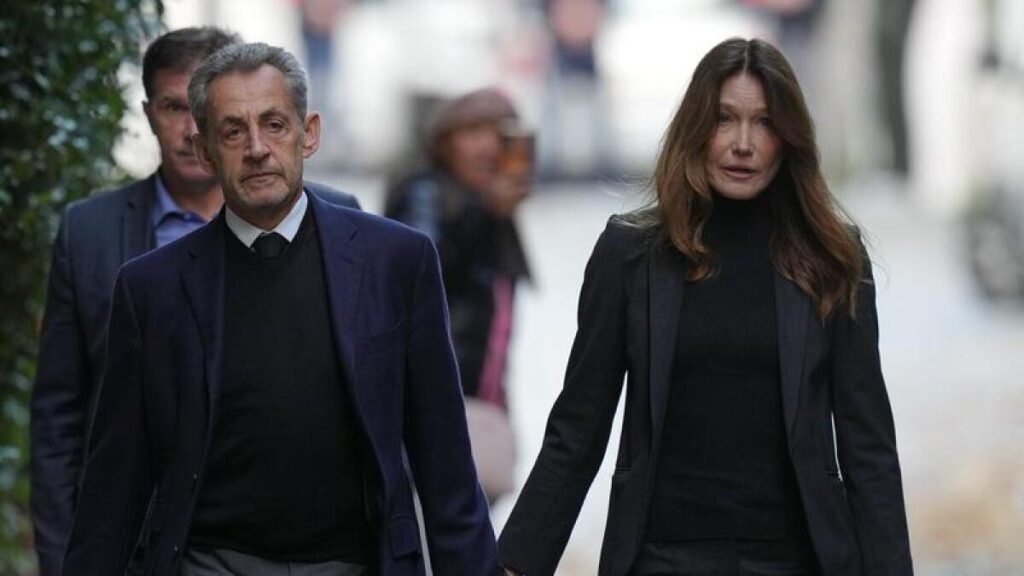
Former French President Nicolas Sarkozy has begun serving a five-year prison sentence after a court found him guilty of conspiring to raise campaign funds from Libya. His conviction marks a significant moment in French political history, as he is the first former leader to be incarcerated since Nazi collaborator Marshal Philippe Petain following World War II.
The court’s decision stems from allegations that Sarkozy’s 2007 presidential campaign received millions in cash from then-Libyan leader Muammar Gaddafi. Gaddafi’s regime was later overthrown and he was killed during the Arab Spring uprisings. While Sarkozy was convicted of conspiring with aides to orchestrate the fundraising scheme, he was acquitted of personally receiving or using the funds.
In a lengthy message shared on the social media platform X, Sarkozy expressed his views on the verdict, stating, “I want to tell [the French people], with the unshakable strength that is mine, that it is not a former president of the Republic who is being imprisoned this morning — it is an innocent man.” He has consistently maintained that the case against him is politically motivated and unfounded.
Sarkozy’s legal struggles have spanned several years, reflecting broader concerns about corruption and political accountability in France. His brother, Guillaume Sarkozy, along with family members and supporters, gathered to support him as he entered prison. Speaking to BFM TV, Guillaume expressed pride in his brother, stating, “I am very proud of him, proud that he is going to prison with his head held high, and absolutely convinced of his innocence.”
The ruling has stirred various reactions across the political spectrum in France. Critics of Sarkozy view the conviction as a necessary step towards ensuring accountability among political leaders. Supporters argue that the charges are a result of political vendetta, emphasizing the former president’s long and illustrious career in French politics.
As Sarkozy begins his prison term, the implications of his conviction are likely to resonate beyond individual accountability. It raises critical questions about the integrity of political financing and the need for transparency in campaign practices. The case serves as a reminder of the ongoing challenges facing democracies in maintaining ethical standards in political conduct.
With the legal battles surrounding him now concluded, Sarkozy’s legacy will be scrutinized under the lens of this unprecedented conviction. His imprisonment is not only a personal trial but also a pivotal moment in French political history, reflecting the complexities of governance, justice, and public trust.







